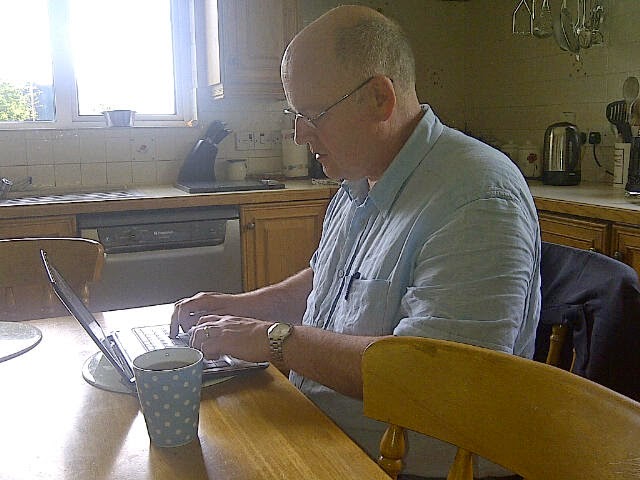When he flies into Northern Ireland on his mission to untangle the Gordian knot of ‘parades, flags and the past’, the American diplomat Dr Richard Haass might need some time to acclimatise – and not just because of the unusually hot weather. The political climate might take even more getting used to.
We’re told that his first appointment will be a meeting with the First and Deputy First Ministers and, superficially at least, the warmth of their relationship may come as a pleasant surprise. The former US Envoy to Northern Ireland will also have an unusually favourable wind at his back, urging him to find the route to a shared future that has eluded the best political minds that our democracy has produced.
As Dr Haass will soon find out, though, there is no obvious agreement on what a ‘shared future’ means; in fact, there is very obvious disagreement. The scale of the challenge would daunt most people, but not the New Yorker.
Ten years ago, during a previous visit to the North, Haass said, “I’m not big on pessimism.” He will have to draw on all his reserves of optimism to sustain him through this latest project. His unpaid stint here will be short, and the longer-term task of selling whatever emerges from his peace mission will ultimately fall to local ‘leaders’.
The French existentialist writer, Antoine de Saint-Exupéry, suggested that, “The way to get people to build a ship is not to teach them carpentry, assign them tasks and give them schedules to meet; but to inspire them to long for the infinite immensity of the sea.” Inspiration is the stuff of leadership, and vice versa.
There was much talk about ‘leadership’ yesterday, during the recalled Assembly’s debate on the Parades Commission’s Ardoyne determination and its aftermath. The word ‘leadership’ was mentioned 18 times during the two and a half hour session, which also touched upon the issue of a shared future.
But how many of our leaders could be described as inspirational? As they simultaneously pay lip service to the concept of a “shared future”, how well have they defined it? How clearly has their vision for this place been articulated to their people?
The concept of a shared future is one which virtually all MLAs espouse – notionally, at least. But yesterday’s Stormont debate, while less acrimonious than the previous week’s squabble over Spotlight, highlighted the chasm which still exists between the main parties and the two traditions.
It reminds me of George Bernard Shaw’s observation – about Britain and the United States – that they were “two nations divided by a common language”.
Political polarisation has taken root, here, and people have resigned themselves to accepting partisan politicking by ministerial fiefdoms. In such a scenario, we – the community – are the losers.
A ‘shared future’ isn’t the same thing as a shared out future: one offers a counsel of hope, the other a counsel of despair. A shared future will require much more generosity than has been on display here previously. It will require sacrifice and tolerance, the destruction of old shibboleths and the drawing up of new principles. In this metric era, the “not an inch” mindset must be consigned to history.
So Dr Haass’s unenviable task will be to persuade our community that a genuinely shared future is in all our interests. Without the support of political leaders, his mission is doomed before his plane even touches Irish tarmac.
Thus far, our politicians haven’t been up to the task (and the fault is as much ours as theirs). Hopefully Richard Haass will prove more successful. He might find some inspiration in the words of the post-war US President, Harry S Truman: “I learned that a great leader is a man who has the ability to get other people to do what they don’t want to do and like it.”
What better time and what better place to put that theory to the test? ‘Our time, our place.’
